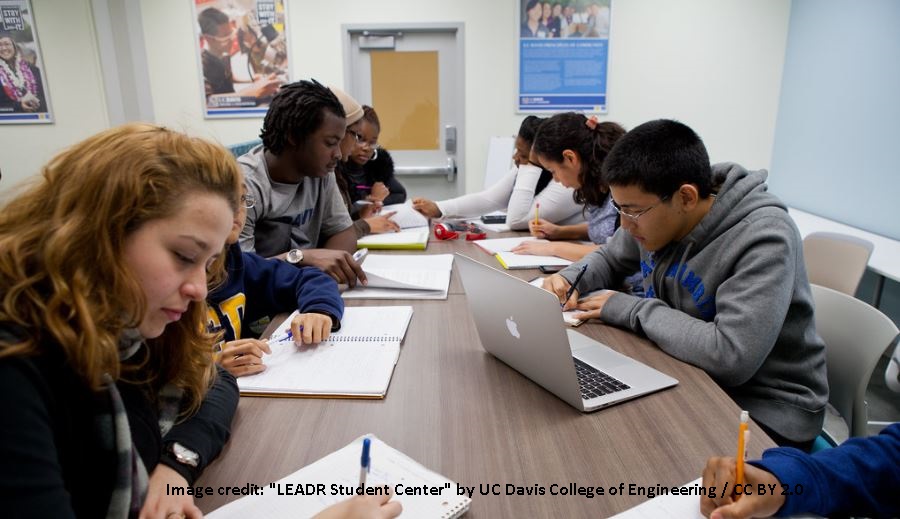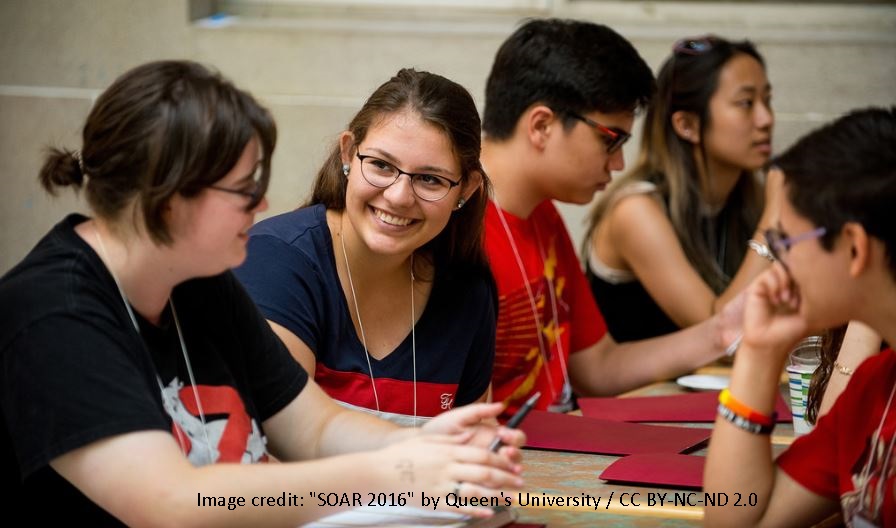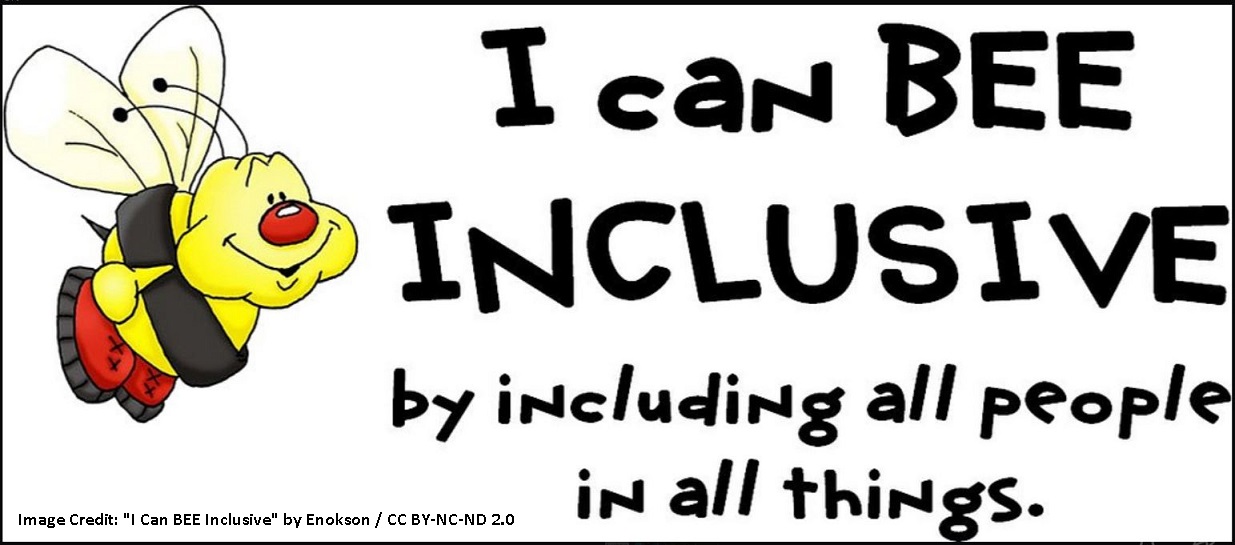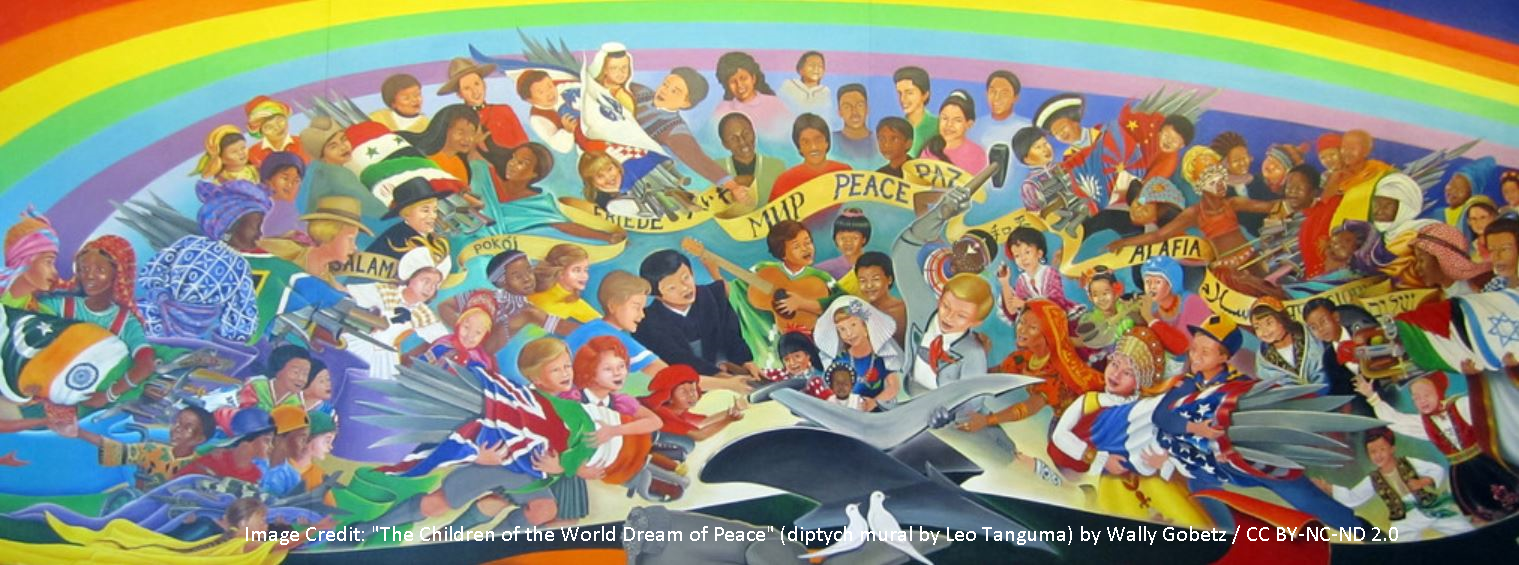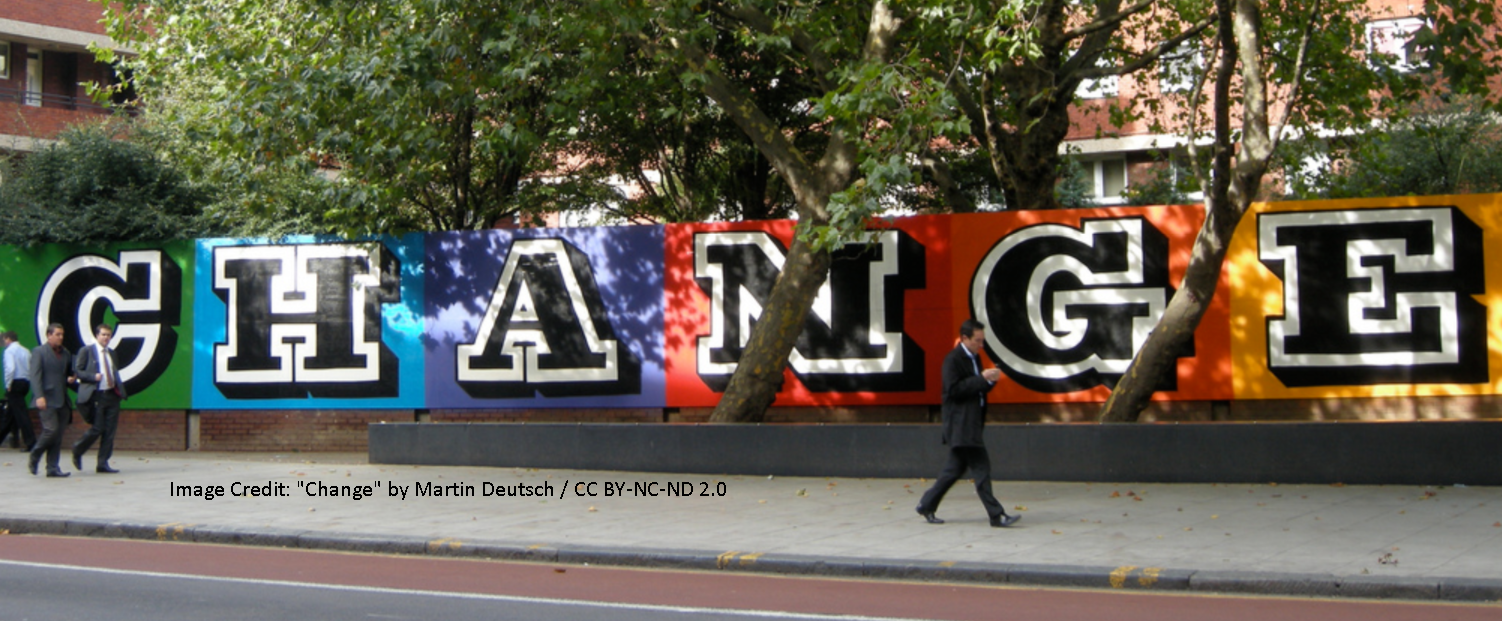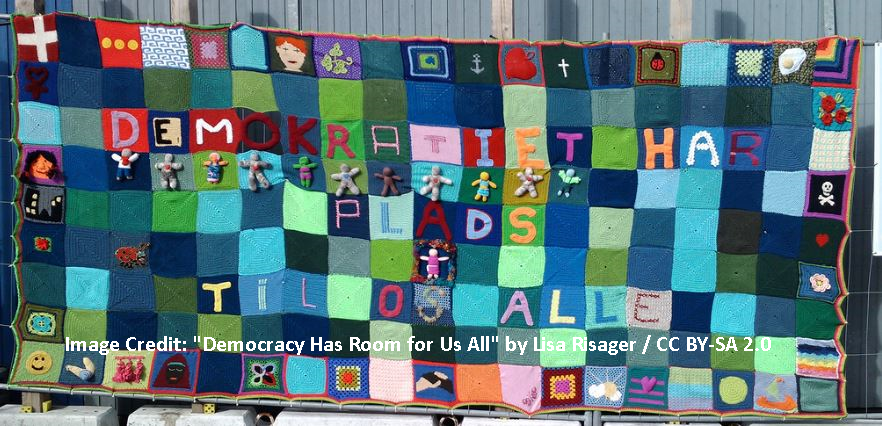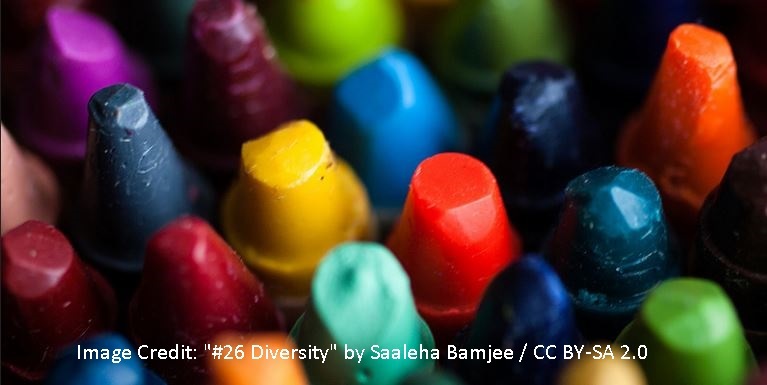Creating inclusive curricula in higher education
Creating inclusive curricula in higher education Patrick Blessinger, Enakshi Sengupta and Mandla Makhanya St John’s University, USA, The HETL Association, USA and The University of South Africa The ongoing development, growth and stability of modern economic and democratic systems require that people engage in continual education and training throughout the course of their lives – that is, lifelong and lifewide learning. As a result of this contemporary reality, higher education systems around the world, including both formal and non-formal types of learning, have experienced unprecedented change in the past few decades in the areas of democratisation, internationalisation and treating lifelong learning as a human right. These changes have been driven by underlying factors such as social movements, economic forces, legal reforms, technological innovation and changing student needs and demographics. The changes have brought with them a renewed focus on inclusion and equity as paramount issues in the shifting paradigm of higher education. The increased attention to equity and inclusion have, in turn, led [...]

